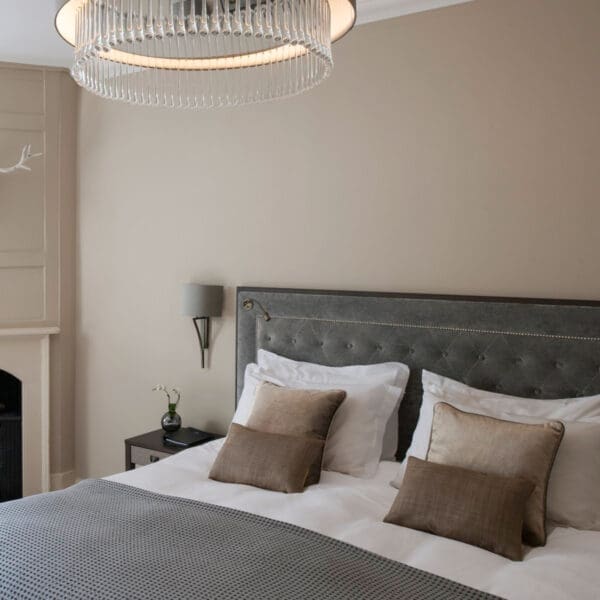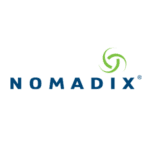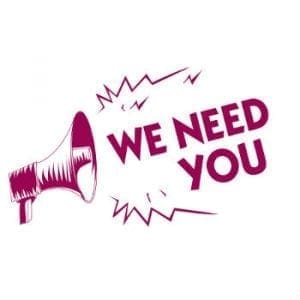Walking a paying guest due to an overbooking scenario can be hard and unpleasant. Just ask any front desk manager who must deal with irate customers who have to be moved to another property. However, any hotel that doesn’t have established overbooking strategies in place is leaving money on the table due to missed occupancy at the property’s highest price point where profits can be maximised.
 Consider this scenario: your hotel has been sold out for more than three weeks ahead of a high-profile sporting event. There’s not a single room left in the whole city. The forecasted revenue numbers for the week are significantly outperforming the actual bookings from the same period the year before. However, on the day of the event, your hotel only had 94 percent occupancy, leading to revenue underperformance compared to your forecast. It may be time to rethink your approach to overbooking.
Consider this scenario: your hotel has been sold out for more than three weeks ahead of a high-profile sporting event. There’s not a single room left in the whole city. The forecasted revenue numbers for the week are significantly outperforming the actual bookings from the same period the year before. However, on the day of the event, your hotel only had 94 percent occupancy, leading to revenue underperformance compared to your forecast. It may be time to rethink your approach to overbooking.
But how should your hotel approach overbooking to ensure you maintain positive guest relations while also maximising bookings and revenue? Below we identify three possible approaches: a basic, better and best practice way to approach overbooking today.
A basic approach
The most basic approach to overbooking in the hotel sector is to roll the dice and hope other hotels in the area can accommodate any displaced guests. To do this: book a handful of rooms beyond occupancy and bet enough cancellations and no-shows come through so you don’t have to walk anyone. Of course, you hopefully have already seen the pitfalls down this road.
Without a comprehensive strategy in place—or any strategy at all for that matter—you’re bound to run into more trouble than you can afford. When carefully planned, overbooking can offset potential risk and maximise bookings at peak rates, but when left to chance, you’re more likely to only upset loyal guests and lose revenue to rival properties than you are to actually increase profits on a sustainable basis.
A better approach
Forecast accurately, and trust in it. Hoteliers can often make the mistake of trying to book out their properties too soon, which misses bookings at the property’s highest price point closer to a guest’s date of stay. They try and sell out early and then have to reopen rooms for sale at a lower price when late cancellations come in. Hotels should accurately forecast and understand their cancellation ratios so they don’t sell out too early or have to hold space at other hotels for expected overbookings.
Hotels should also have clear and practiced procedures in place for dealing with overbooking situations. Front desk managers should have easy access to a list of preferred hotels you cooperate with when sending overbooked guests. Ideally, front office team members should have contacts, or know a counterpart in these properties—be they a sister hotel as part of the same chain, or a property independent to your own. Having connections in these hotels can assist with obtaining a more flexible cancellation policy (if you just need to hold a reservation in the event of having to walk guests) and obtaining preferred booking rates.
The best approach
Overbooking is a long-term strategy that requires constant review. By analysing overbooking numbers months in advance, hotels can better compensate for expected group wash with high-paying transient guests.
Consider a hotel that only overbooks their base room type all year long. Assume this hotel has a significant rainy season and struggles to find business to fill their weekends. However, during this period, they do remain consistently busy with corporate travel during the week. How can they adjust their overbooking strategy to accommodate for this distinct day-of-week need? Perhaps their base room type is open for generous overbooking on the weekends (keeping their hotel as competitively priced as possible), but a conservative strategy is employed during the weekdays to encourage bookings into upgraded room types. If the new strategy helps a hotel book just five upgraded room types every weekday at a $75 upcharge, they’ve pulled in over an additional $80,000 in annual revenue by selling the same number of rooms.
Thousands of people cancel and re-book online reservations every single day. In fact, there is automated technology specifically designed to alert travellers to new price reductions. Aside from losing the monetary difference in rate, hotel rate reductions cause guests to cancel and re-book reservations, having the potential to wreak havoc on your forecast. Today, advanced revenue management solutions allow hotels to account for this specific guest buying behaviour. Before even making a reduction in rate, hotels can use revenue technology to automatically account for any potential revenue lost with guests cancelling and re-booking at the lower rate. With cancellation and re-booking patterns varying by property, market, season and day-of-week, these powerful new features layer even more analytical insights into the revenue solution to optimally balance price and demand.
It’s also extremely important to evaluate how well the hotel’s front desk handles guest recovery in any overbooking situation. One of the greatest opportunities afforded to any front desk is the ability to take a guest problem (such as being walked to another hotel) and convert it into guest loyalty. To do this, though, hoteliers need to ensure hotel staff are properly supported and trained to accommodate walking guests.
At a minimum, ‘walked’ guests should have their transport to their next hotel paid and ensure they are staying in a better standard of hotel room, to make the unfortunate experience a positive upsell. Guest recovery in ‘walking’ situations should also be supported by amenities, complimentary room upgrades or no-walk/VIP statuses for future reservations.
Any hotelier looking to take an advanced approach to demand forecasting and overbooking needs to focus on their net maximum revenue. The aggressiveness of any overbooking strategy needs to be balanced with an understanding that net revenue for a night can be impacted by high or frequent walking of guests. Sometimes, it may be a better net revenue result to be one or two rooms short of a sell-out than to pay for a number of replacement rooms in another hotel for previously booked guests.
Plan for positive results
In today’s world, it’s not enough to book a reservation for every room a hotel has to sell. When overbooking is established strategically through analytics, hotels can better understand the wash and cancellation patterns of their market segments. This means hotels can then plan ahead to overbook with positive revenue results.



















